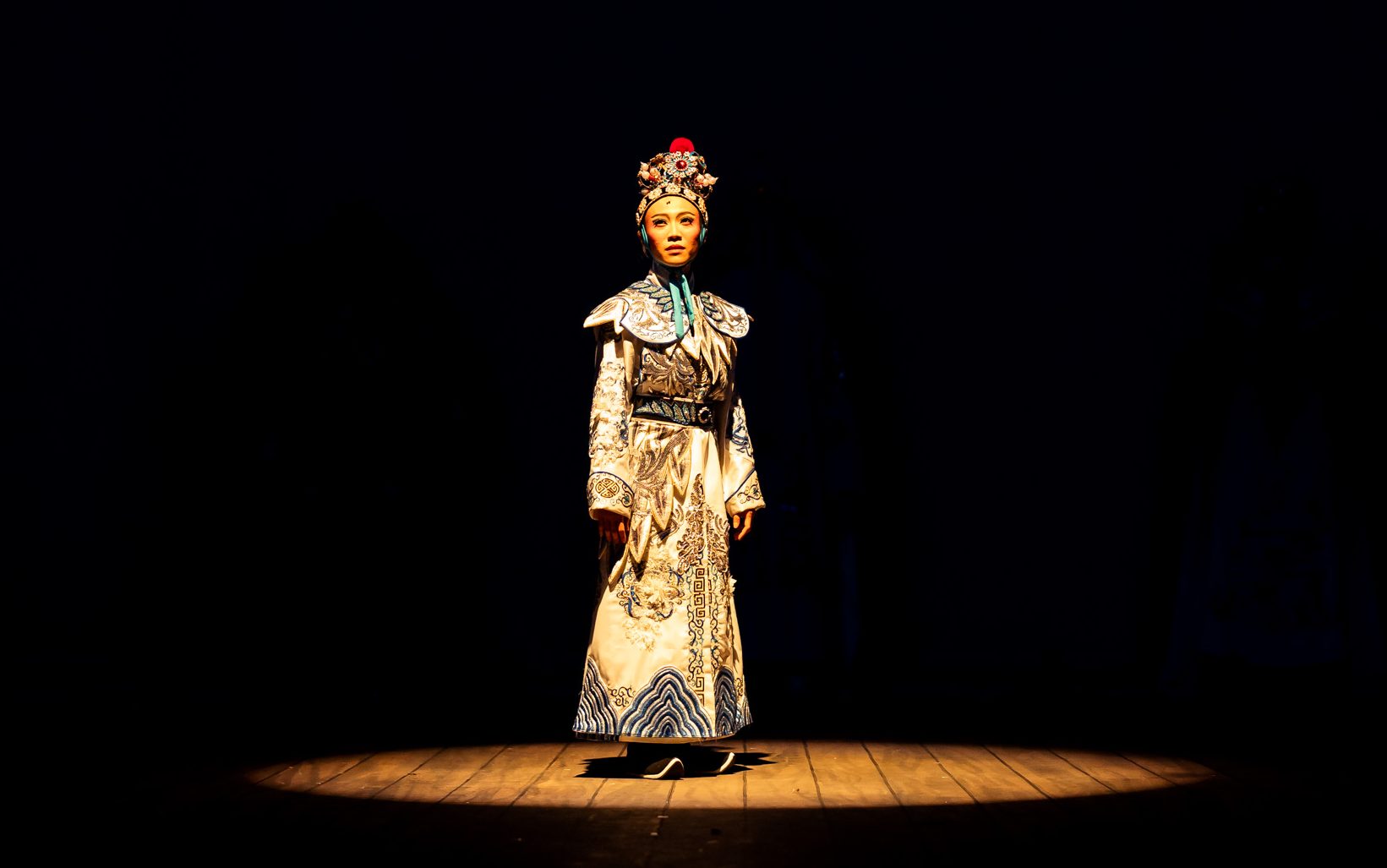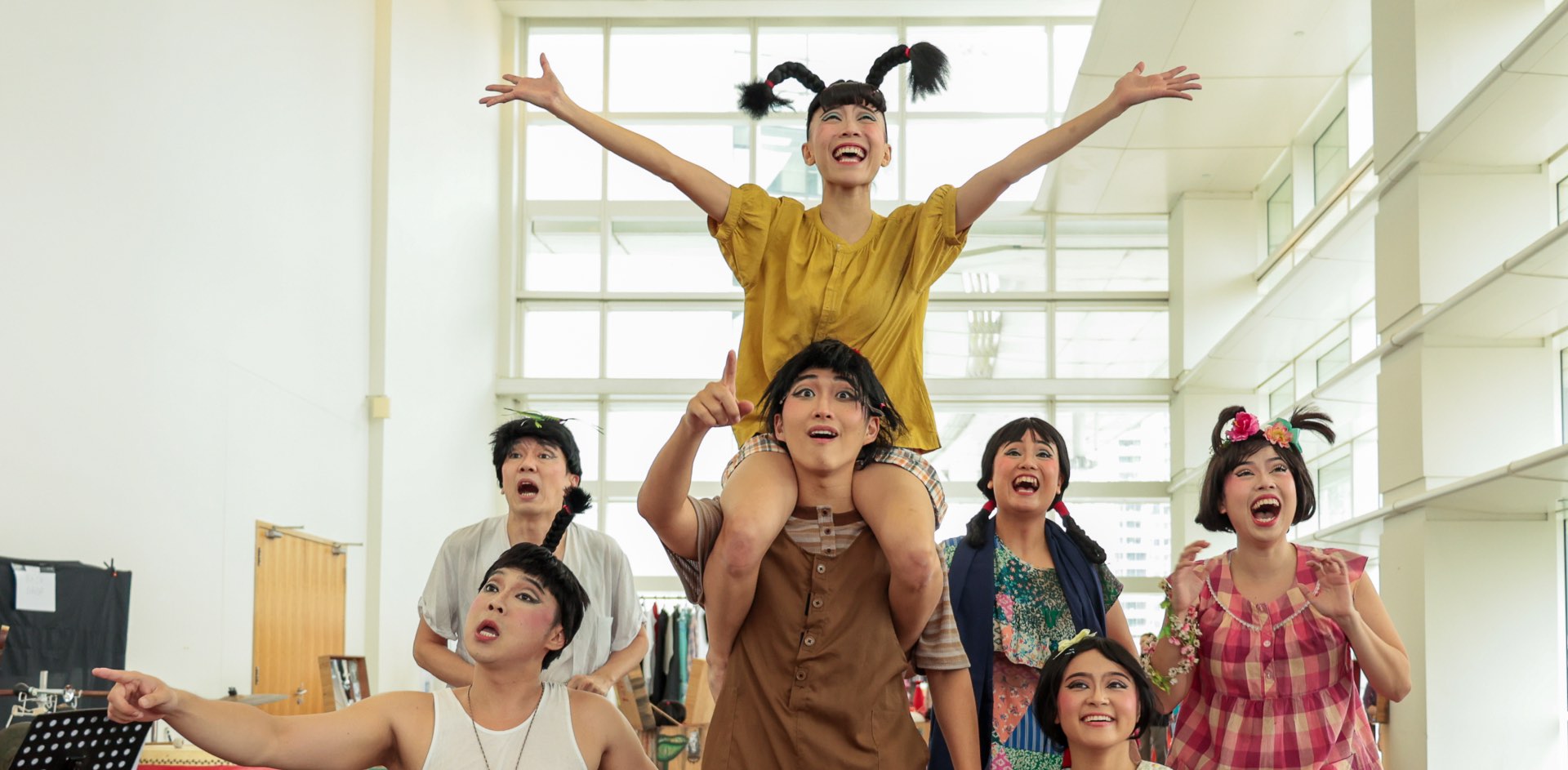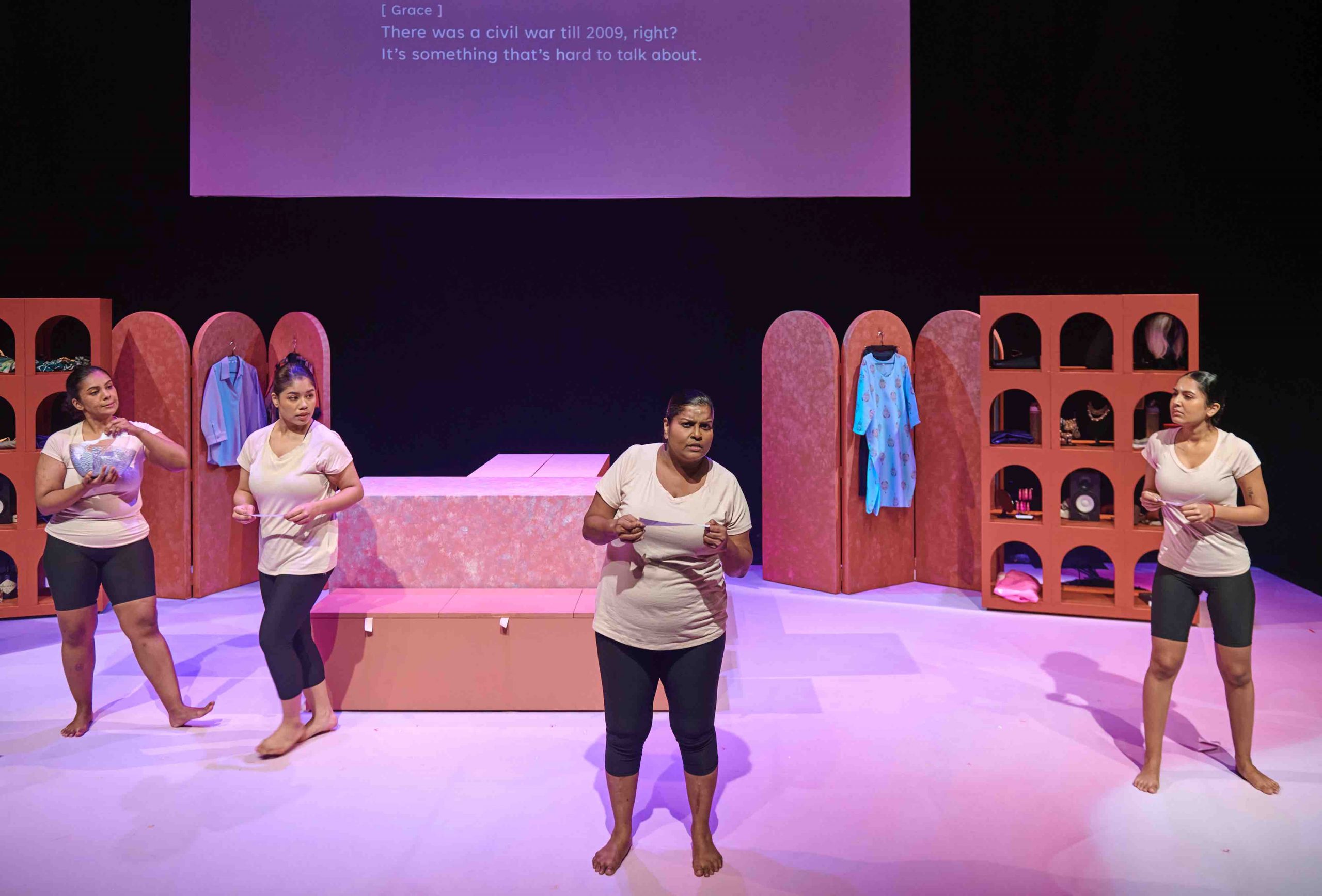
The voices of Indian women are not always heard or listened to in Singapore. Their lived experiences can often be ignored in a country where they are doubly marginalised – as women and as a racial minority group. Singaporean Indian women are an incredibly diverse group of people with unique stories whose voices deserve a platform in the Singapore arts scene.
Happy Indian Women, a verbatim play written by The Necessary Stage’s associate artist Sindhura Kalidas, places Singaporean Indian women’s voices front and centre stage. The play uses material collected from interviews of 20 Indian women and non-binary individuals from across various age groups, religions, disabilities, and sexualities. The sheer diversity of the identities of the interviewees showcases the nuances of what it means to be a Singaporean Indian woman.
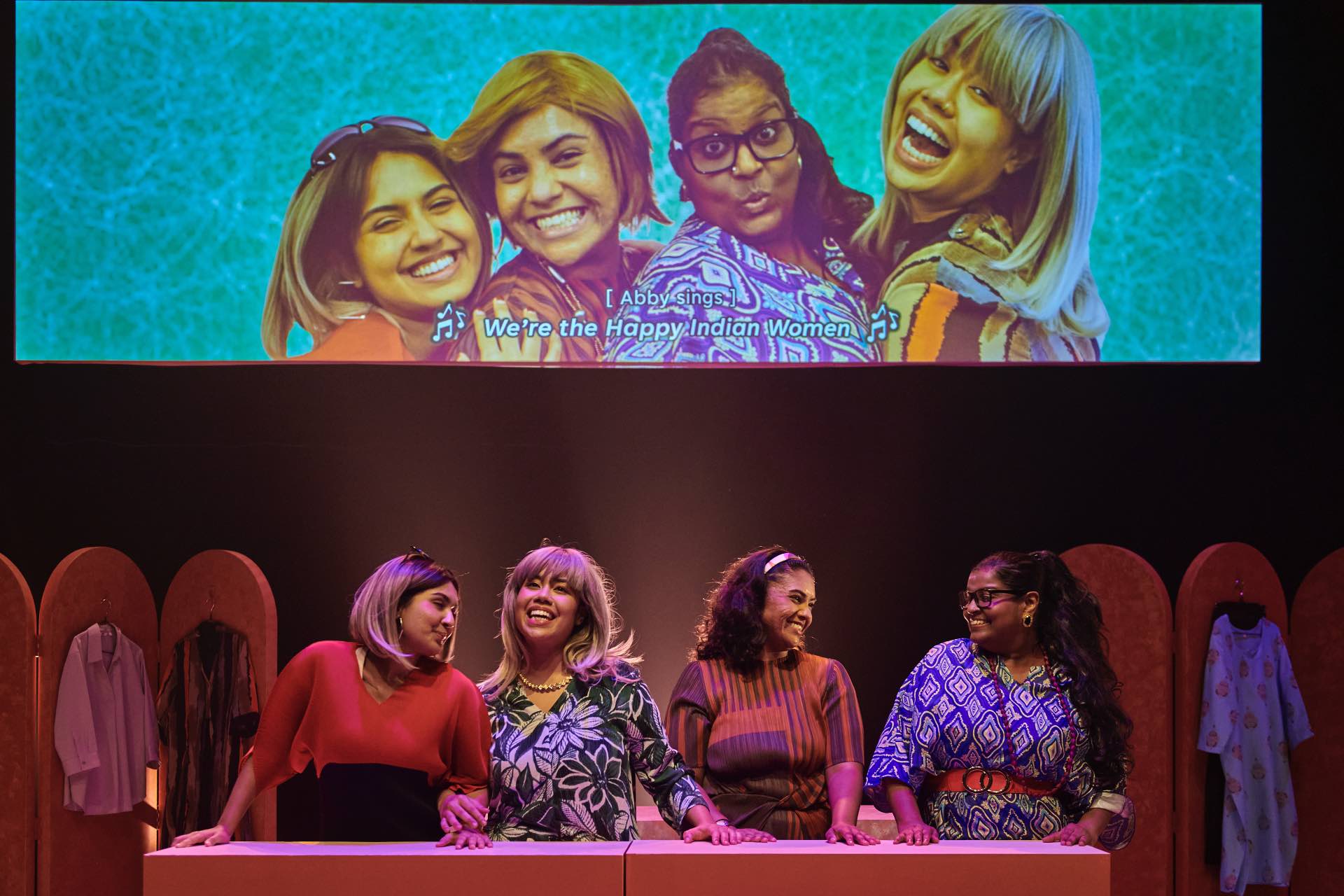
Instead of clearly defining what an Indian woman is, the play enables the audience to come away with an understanding that Indian women in Singapore are not a monolithic group and have various other aspects to their identity.
The play uses different parts of interviewees’ experiences to weave together a coherent narrative. The four actresses – Ashie Singh (who also contributed to the play as a researcher), Grace Kalaiselvi, Siobhan Jane Covey, and Siti Sara Hamid – expertly inserted themselves into several different roles throughout the play.
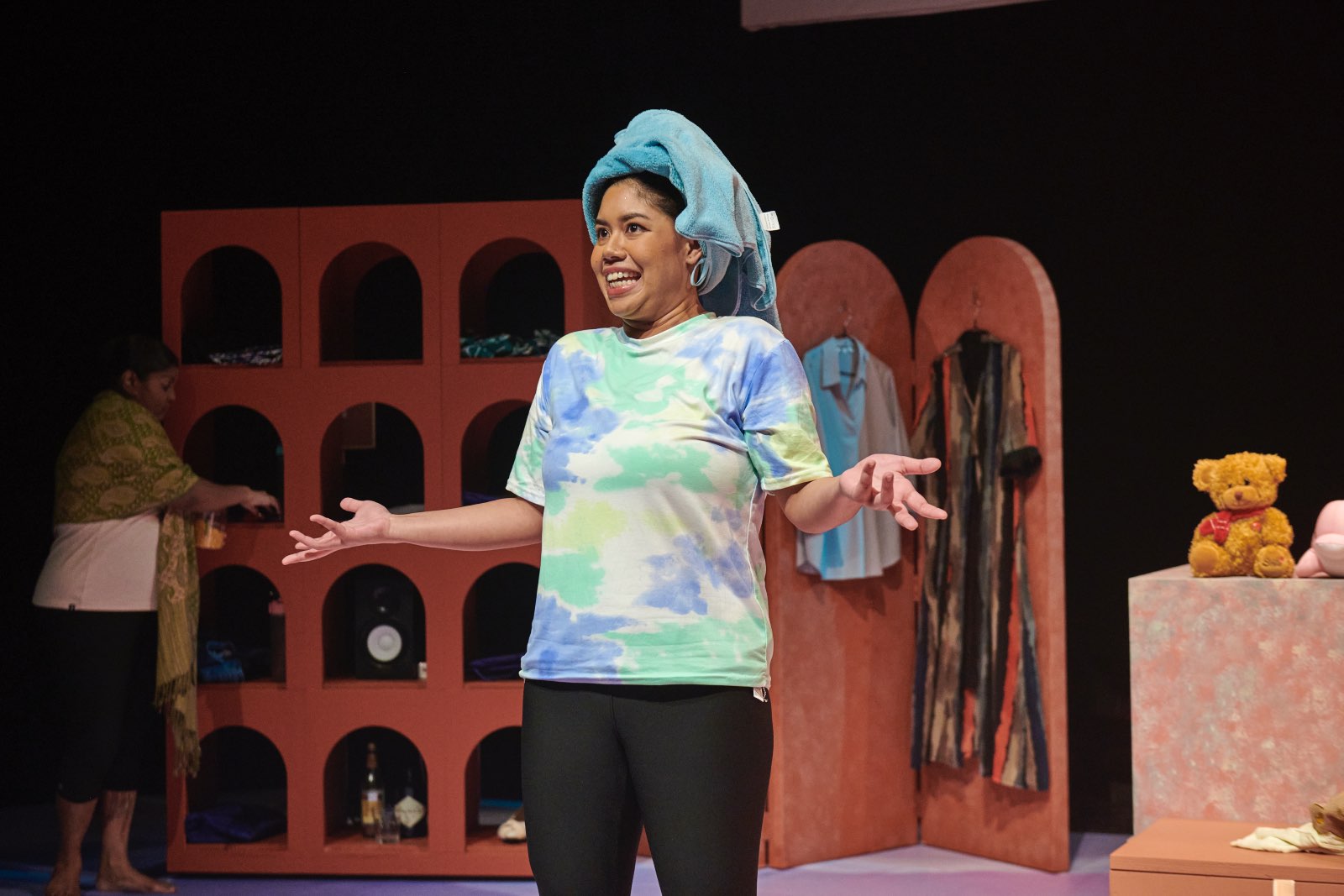
The dynamic between the four actresses was incredibly enjoyable to watch, particularly during the segments where the actresses come together to play a group of four who call themselves “the happy Indian women”. These scenes provide sharp, witty, and sometimes humorous commentary on what it’s like to navigate different phases of life as an Indian woman in Singapore.
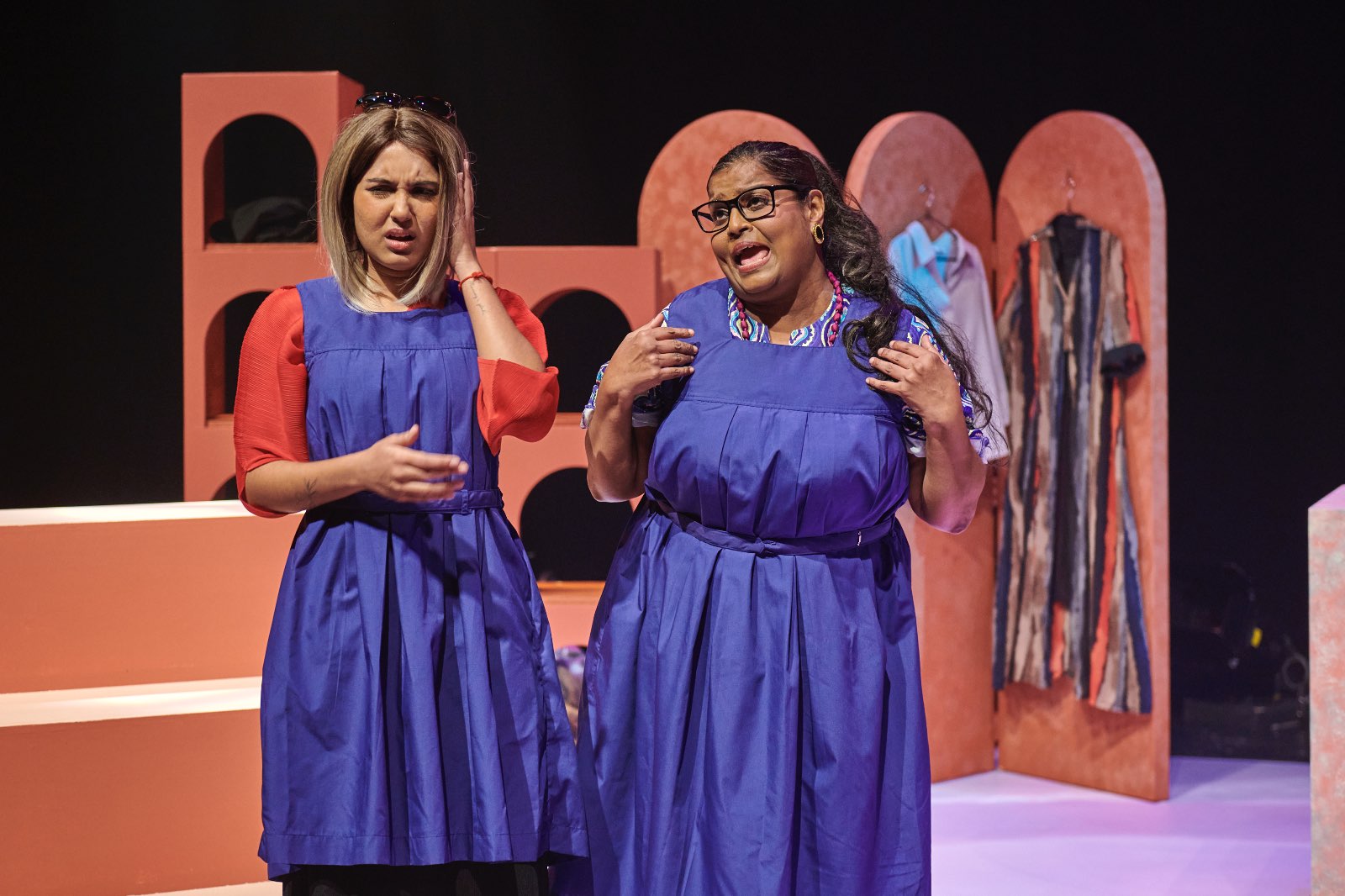
Together, the characters painted an honest picture of the racism and sexism they faced throughout their lives. The friendship between the four characters in the group was palpable and warm, and the support they offered each other as they swapped stories about growing up, school and work, was heartwarming.
The light-hearted nature of these scenes was much needed, as the material in other segments of the play was sometimes hard to stomach. Kalaiselvi’s monologue that was based on an interviewee who had experienced domestic abuse was particularly striking and emotional. The character recounted the horrific instances of abuse that had happened to her in a matter-of-fact way, but she also inserted anecdotes about how grateful she was for her children in spite of their father’s actions. Kalaiselvi’s down-to-earth and raw performance injected nuance into the character’s real-life story.
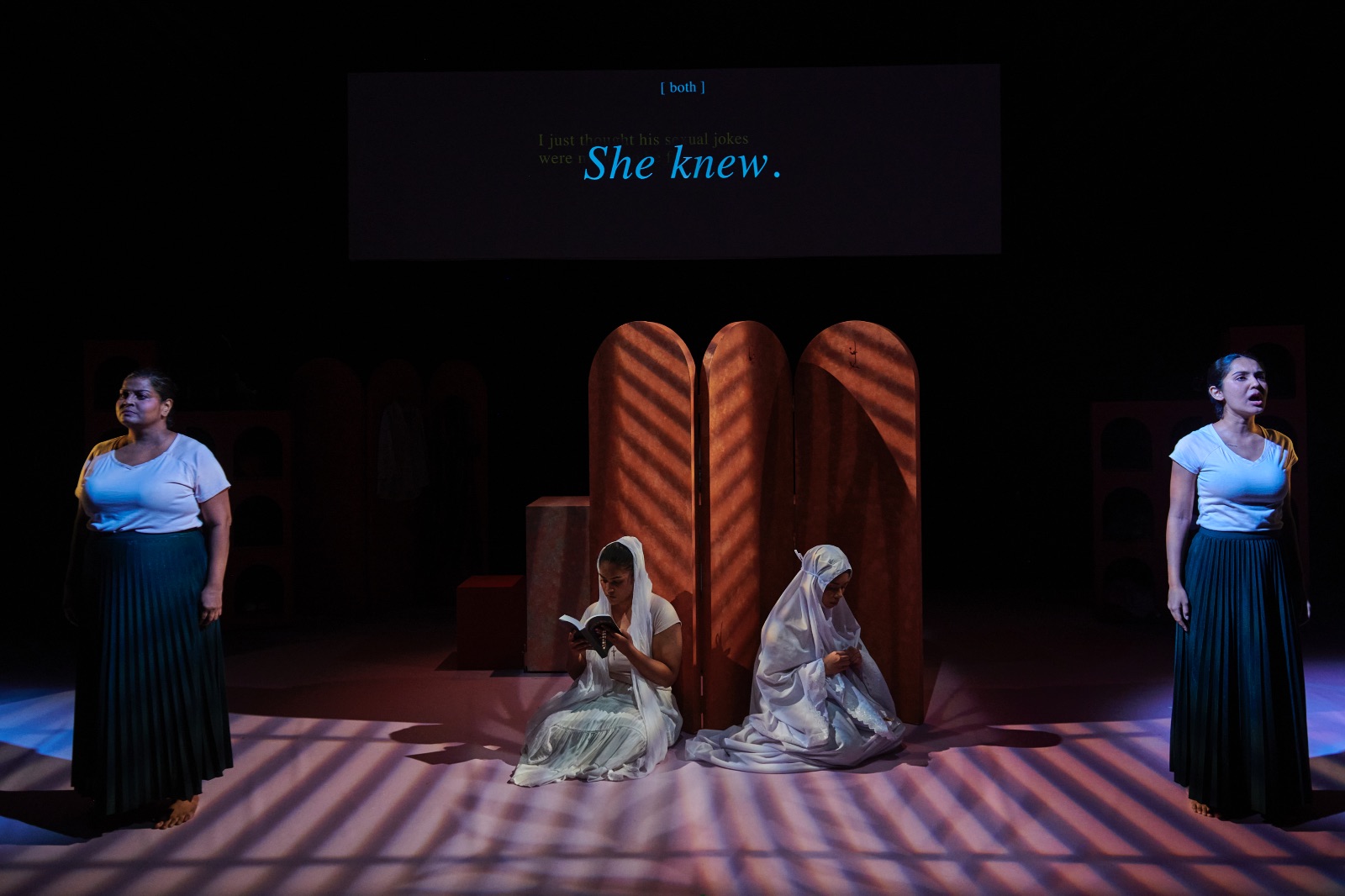
In another incredibly difficult but important scene, a Indian-Muslim girl’s experience of being sexually assaulted by her uncle was being recounted. Kalidas’ directing of this scene did not shy away from the paradox of sexual assault happening within a conservative and religious family. The characters later acknowledge onstage that these situations occur within so many communities and contexts, avoiding stereotyping any one religion. The amount of sensitivity that was written into this scene, coupled with the courage to highlight experiences that are buried and often ignored in real life, was an example of Kalidas’ thoughtful writing and directing.
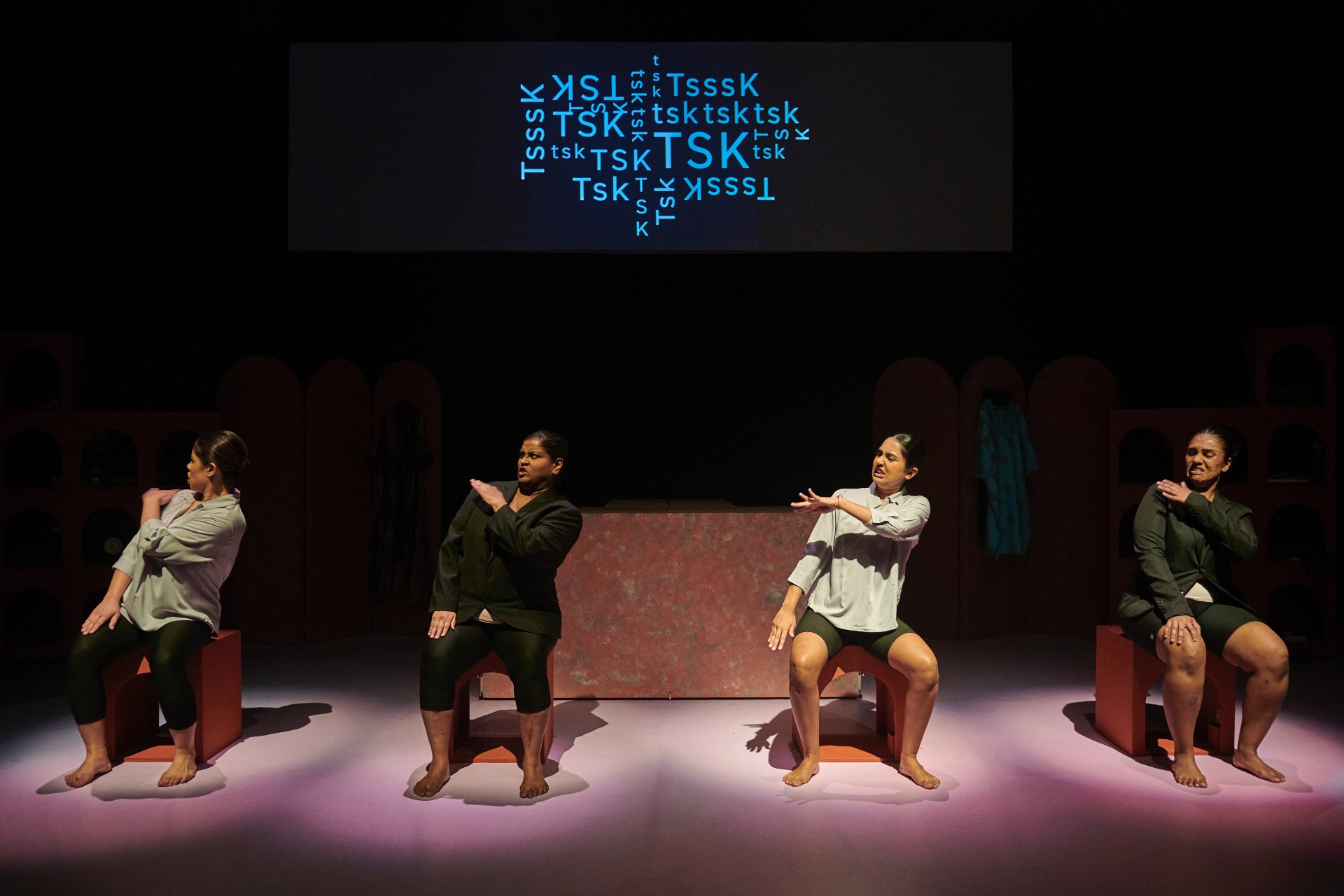
The interviewees’ lived experiences were so central to the play that the audience got to hear about some of them directly through audio and video recordings. These interviewees came from diverse backgrounds and identities – one was a transgender woman, another was Jaspreet Singh, a disabled dancer and activist, and another was five-year old Maya and her grandmother. Rarely do audiences get to view source material as part of the performance itself, and Kalidas’ choice to play these recordings lends itself well to her project of amplifying Indian women’s voices and lived experiences.
Two actresses, Singh and Kalaiselvi, also got to relay their experiences to the audience. Through video recordings, they spoke about how they felt while preparing for this play. Their reflections remind the audience of the lives and agencies of the Indian women. Sindhura’s willingness to experiment with form resulted in a holistic viewing experience that could expertly draw audiences in and make one feel invested and connected to the themes at hand.
Whether it was a scene of a middle-aged woman speaking out about her traumatic experiences or a clip of a five-year old girl telling the camera how much she loved her grandmother, the play evokes an emotional response from viewers from start to finish. It brings one on a roller coaster of joy, tears, laughter, and heartbreak.
If Singaporean Indian women are not adequately represented on mainstream national platforms, this play is a shining example of how their stories can be conveyed with care and thoughtfulness. During Happy Indian Women, Singapore Indian women’s voices rang loud and clear across the entire theatre.
Happy Indian Women by The Necessary Stage ran from Nov 2 to 5. Look out for upcoming productions, including Oo-woo in Jan 2024, here.
Text by Beverly Anne Devakishen.



